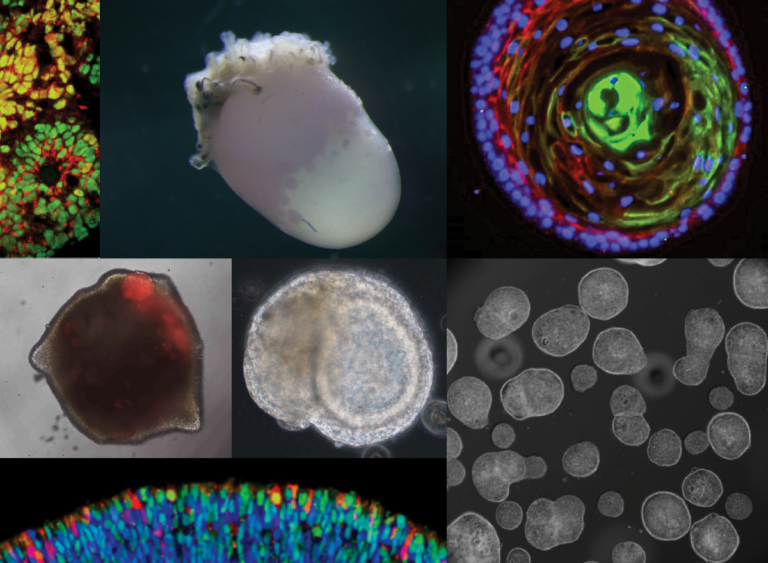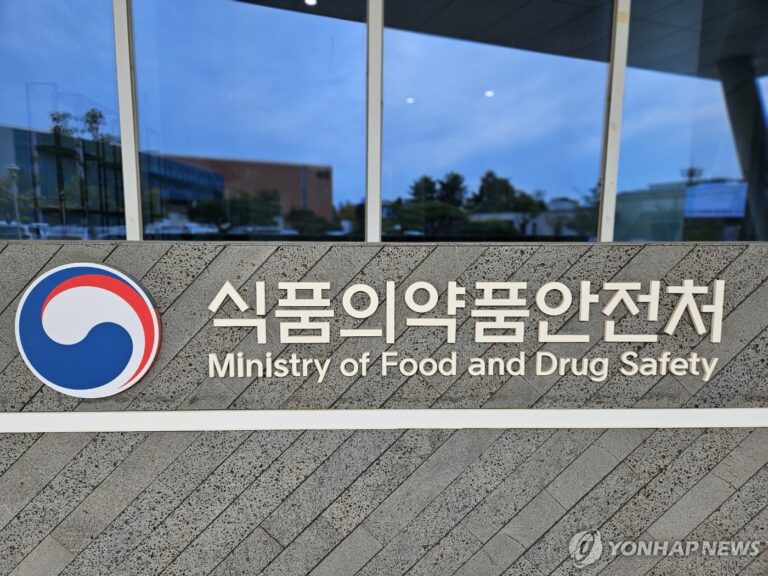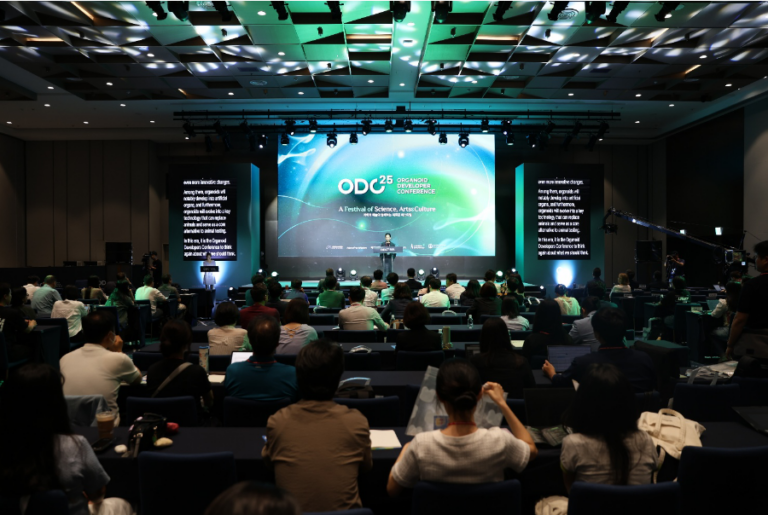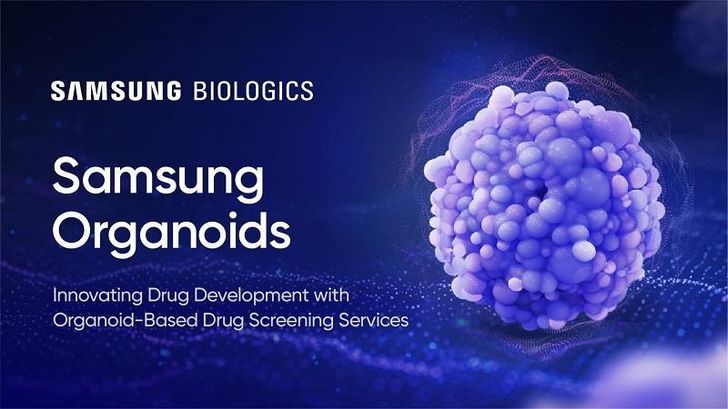Organoids, miniature three-dimensional models of human organs grown from stem cells, are revolutionizing biomedical research. These lab-grown structures mimic the architecture and function of real organs, offering a powerful platform for studying human biology, disease mechanisms, and drug development. Unlike traditional two-dimensional cell cultures, organoids provide a more accurate representation of organ physiology, making them invaluable for advancing personalized medicine and reducing reliance on animal testing.
South Korea has emerged as a global leader in biotechnology, with significant investments in research and development, particularly in stem cell research and regenerative medicine. The organoid market in South Korea is experiencing rapid growth, driven by technological advancements, increasing demand for ethical and efficient drug testing methods, and supportive government policies. In June 2025, three landmark developments underscored the country’s commitment to leading in organoid technology, positioning South Korea as a hub for innovation and collaboration in this transformative field.

The Growing Organoids Market in South Korea
The global organoids market is projected to grow significantly, with estimates suggesting it will reach USD 3.8 billion by 2034, registering a compound annual growth rate (CAGR) of 11.3% from 2024 to 2034 [4]. In South Korea, the market is experiencing rapid growth, fueled by strong industry development and increasing efforts toward the commercialization of organoid technologies.
The Korean government is actively supporting this growth through substantial investments and legislative initiatives. For instance, the Ministry of Food and Drug Safety (MFDS) has committed 47.5 billion won ($33 million) through 2028 to develop organoid-based testing technologies [7]. Additionally, a proposed bill to amend the ‘Act on the Registration and Evaluation of Chemical Substances’ aims to promote organoids as alternatives to animal testing, aligning with global trends toward ethical research practices [6]. These efforts are expected to create a robust ecosystem for organoid research and commercialization.

South Korea is at the forefront of organoid research breakthroughs. OrganoidSciences, a leading innovator, went public on the Kosdaq in March 2025, raising 25.2 billion won to advance its ODISEI platform, which uses patient-derived organoids to simulate human-like microenvironments for drug testing, particularly for cancer therapies [5][7]. This IPO, the first for an organoid-focused drug development firm, underscores the commercial potential of organoids. The platform has expanded globally to Europe and the USA through a strategic partnership with Lambda Biologics GmbH (Germany). Advancements in culture protocols, microfluidics, and biomaterial scaffolds have enhanced organoids’ physiological relevance, making them ideal for disease modeling and drug discovery, driving market growth, and positioning South Korea as a leader in biomedical innovation.
Key Developments in June 2025
Organoid Developer Conferences (ODC25)
The Organoid Developer Conference 2025 (ODC25), held on June 13-14, 2025, in Seoul, was a pivotal event that highlighted the latest advancements in organoid technology and its applications in drug discovery and regenerative medicine [1]. Organized by OrganoidSciences in collaboration with global partners, including Lambda Biologics GmbH (Germany), Mahidol University (Thailand), VOS Discovery (Vietnam), Animal Free Initiatives (USA), and Maekyung TV (South Korea), the conference brought together scientists, researchers, industry leaders, and investors from around the world.

Standardization of Organoid Testing Methods
South Korea’s Ministry of Food and Drug Safety (MFDS), partnering with Sungkyunkwan University, launched the Organoid Standards Initiative (OSI) in 2023 to set benchmarks for organoid production and quality evaluation [8]. The OSI guidelines cover human-derived cell organoids and organ-specific protocols for liver, intestines, heart, kidney, brain, lung, and skin, ensuring consistency for biomedical applications like drug development and personalized medicine.
On June 16, 2025, the MFDS formed the Standardization Promotion Committee, involving experts from the Korean Agency for Technology and Standards and industry-academia-research sectors [2]. The committee develops testing protocols aligned with ISO and OECD standards, building on global organoid quality advancements. This initiative ensures reliable, comparable organoid research for regulatory and commercial use, strengthening South Korea’s organoid market and its global leadership in biotechnology.
Samsung Biologics Expands Portfolio with Organoids
On June 16, 2025, Samsung Biologics, a leading contract development and manufacturing organization (CDMO), announced the launch of Samsung Organoids, a drug screening service utilizing organoid technology [3]. This service enables clients to screen drug candidates more effectively by leveraging organoids’ high patient similarity (up to 85%, [4]) and cost-effectiveness compared to traditional testing methods.

By expanding its portfolio to include contract research organization (CRO) services, Samsung Biologics is engaging clients from the early stages of drug discovery, covering target discovery, lead selection, preclinical development, and clinical trial planning. The launch of Samsung Organoids reflects the growing trend of integrating organoids into drug development, promising higher success rates and faster timelines for new therapies. This move strengthens South Korea’s position in the global biotech industry and highlights the commercial potential of organoids.
South Korea and Asia are rapidly emerging as influential forces in the global organoid market, driven by a surge in biotechnological innovation and investment. The region’s proactive approach to advancing organoid technology positions it as a key player in shaping the future of drug discovery, personalized medicine, and regenerative therapies, a stance echoed by the U.S. FDA’s April 2025 policy shift supporting organoids as part of New Methodology Approaches (NAMs) to reduce animal testing. This growing prominence reflects a broader trend of Asia becoming a hub for cutting-edge biomedical research and development.
Lambda Biologics stands at the forefront of this dynamic landscape, dedicated to establishing a global hub for organoid-based Contract Research Organization (CRO) services. By fostering collaboration among researchers and industry leaders worldwide, the company aims to accelerate the adoption and application of organoid technology, unlocking new possibilities for scientific breakthroughs and therapeutic solutions.
As interest in organoids continues to rise, the momentum in this region is poised to spark increased global engagement, offering significant opportunities for innovation and growth in the biotechnology sector.
—
Citations
[1] Organoid Developer Conference 2025. “Official Website”. Accessed June 17, 2025, Link.
[2] Ministry of Food and Drug Safety. “Ministry of Food and Drug Safety Launches Committee for International Standardization of Organoid Testing Methods.” June 16, 2025, Link.
[3] Nam Hyun-woo, Korea Times. “Samsung Biologics Expands Portfolio with Organoids Service.” June 16, 2025, Link.
[4] Future Market Insights. “Organoids Market Report – Size, Trends & Forecast 2024-2034” August 12, 2024, Link.
[5] Organoid Sciences. “Official Website”. Accessed June 17, 2025, Link.
[6] Gpcgateway. “South Korea aims to use organoids in experiments instead of animals”. Accessed June 17, 2025, Link.
[7] Kim Ji-hye, Korea Biod “Organoid Sciences targets animal-free drug testing with ODISEI platform ahead of IPO”. Accessed June 17, 2025, Link.
[8] Ahn, Sun-Ju, et al. “Essential Guidelines for Manufacturing and Application of Organoids.” International Journal of Stem Cells, vol. 17, no. 2, 30 May 2024, pp. 102–112, doi:10.15283/ijsc24047.


